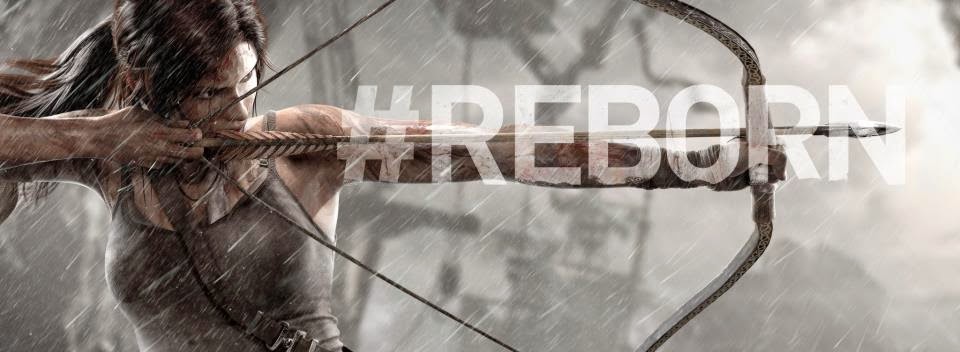Decades before Anaïs Nin’s unforgettable proclamation that
Great art was born of great terrors, great loneliness, great inhibitions, instabilities, and it always balances them,
Rilke writes:
Surely all art is the result of one’s having been in danger, of having gone through an experience all the way to the end, to where no one can go any further. The further one goes, the more private, the more personal, the more singular an experience becomes, and the thing one is making is, finally, the necessary, irrepressible, and, as nearly as possible, definitive utterance of the singularity… Therein lies the enormous aid the work of art brings to the life of the one who must make it — that it is his epitome, the knot in the rosary at which his life recites a prayer, the ever-returning proof to himself of his unity and genuineness, which presents itself only to him while appearing anonymous to the outside, nameless, existing merely as necessity, as reality, as existence—.
So we are most definitely called upon to test and try ourselves against the utmost, but probably we are also bound to keep silence regarding this utmost, to beware of sharing it, of parting with it in communication so long as we have not entered the work of art: for the utmost represent nothing other than the singularity in us which no one would or even should understand, and which must enter into the works as such, as our personal madness, so to speak, in order to find its justification in the work and show the law in it, like an inborn design that is invisible until it emerges in the transparency of the artistic.
Rilke adds a remark that comes as an especially appropriate summation of the question of private suffering versus tangible results, in both art and life:
Basically it’s none of our business how somebody manages to grow, if only he does grow, if only we’re on the trail of the law of our own growth…
Rilke writes:
Surely all art is the result of one’s having been in danger, of having gone through an experience all the way to the end, to where no one can go any further. The further one goes, the more private, the more personal, the more singular an experience becomes, and the thing one is making is, finally, the necessary, irrepressible, and, as nearly as possible, definitive utterance of the singularity… Therein lies the enormous aid the work of art brings to the life of the one who must make it — that it is his epitome, the knot in the rosary at which his life recites a prayer, the ever-returning proof to himself of his unity and genuineness, which presents itself only to him while appearing anonymous to the outside, nameless, existing merely as necessity, as reality, as existence—.
So we are most definitely called upon to test and try ourselves against the utmost, but probably we are also bound to keep silence regarding this utmost, to beware of sharing it, of parting with it in communication so long as we have not entered the work of art: for the utmost represent nothing other than the singularity in us which no one would or even should understand, and which must enter into the works as such, as our personal madness, so to speak, in order to find its justification in the work and show the law in it, like an inborn design that is invisible until it emerges in the transparency of the artistic.
Rilke adds a remark that comes as an especially appropriate summation of the question of private suffering versus tangible results, in both art and life:
Basically it’s none of our business how somebody manages to grow, if only he does grow, if only we’re on the trail of the law of our own growth…
Source: Brainpickings

Δεν υπάρχουν σχόλια:
Δημοσίευση σχολίου